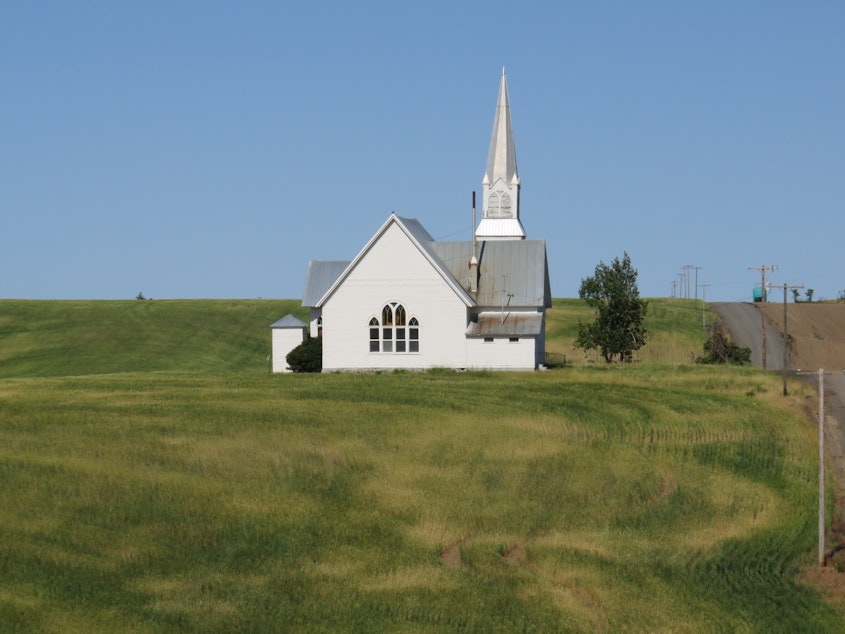A Country Strange and Far: why Methodists failed to convert the Pacific Northwest

Washington state has one of the lowest rates of self-reported religious affiliation in the country, according to the polling firm Gallup. The experiences of one group of Christian missionaries can give us a window into why our area has remained relatively secular.
Way back in 1834, a Methodist missionary named Jason Lee arrived in Oregon. He had one goal -- convert every person he could. And Jason Lee ... was not very successful.
Which was surprising, because the Methodists were very practiced at conversion. They had a major foothold in the northeast, and had expected similar success in the Pacific Northwest.
So, what went wrong?
Michael McKenzie says that, in part, it's because of the Northwest's geography.
"If you look at the geography of Iowa, or upstate New York, or Pennsylvania, it's very much the same over the entire state. And the Northwest is actually about five or six, you know, many regions in a region."
Sponsored
McKenzie is the author of the new book A Country Strange and Far: the Methodist Church in the Pacific Northwest 1834-1918. He's also an associate professor of philosophy and religion at Keuka College in upstate New York.
Methodists weren't prepared for the Northwest. Their message of salvation didn't land with the indigenous population, or with white settlers. In farm country, it was difficult to find people that were spread out on three to six hundred acres of land. And the Methodists' luck was even poorer in urban areas.
"The Catholic priests were very at home and that they had been ministering to people in crowded cities in Europe for hundreds of years," McKenzie said. "But the Methodists, their clergy were all almost all married. And they're almost all with families. And the wives didn't much care to live in the kinds of conditions that a lot of the factory workers were living in."
While Methodism didn't flourish in the PNW, but it could be said that another form of worship arose across the Northwest's rainforests, deserts, and mountains.
"You have a land based spirituality," McKenzie said. "Now that's thriving in the Pacific Northwest, probably just as much as traditional religion is hurting. And I think that people are taking the land very seriously. Now, I'm not saying everybody agrees on that. But just the fact that places are contested probably makes the places all that much more powerful."


